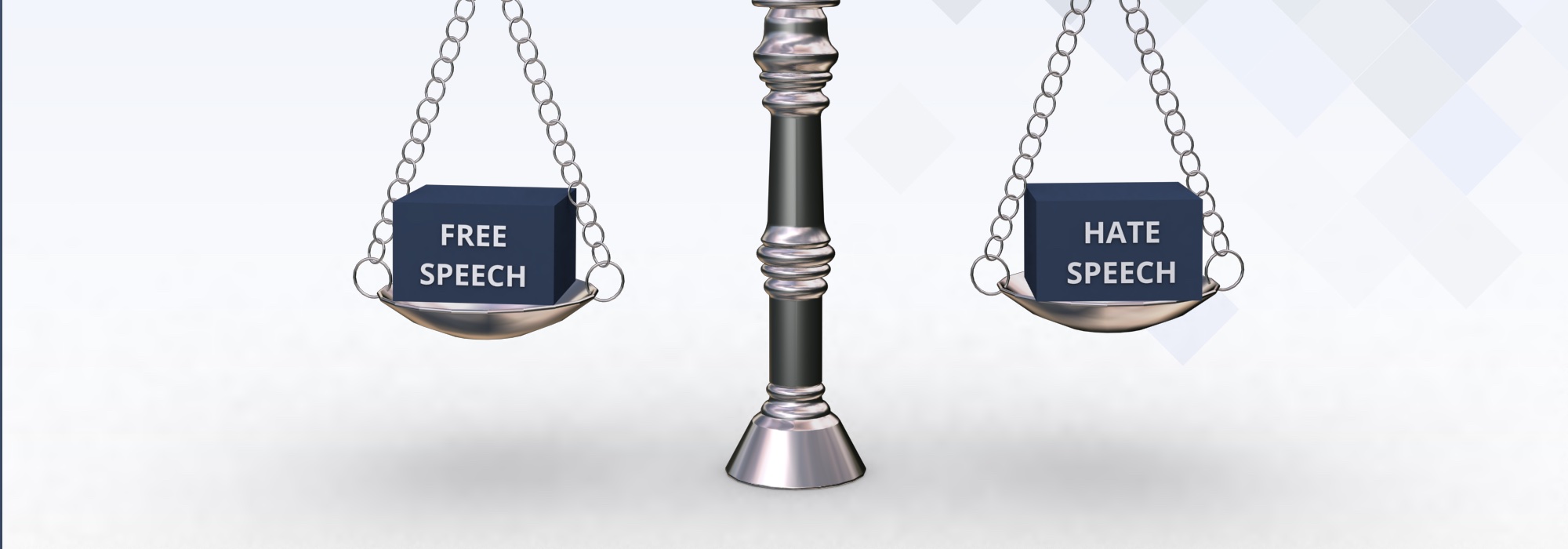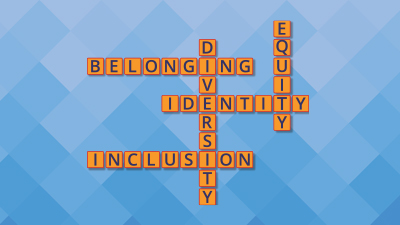Free Speech or Hate Speech?

'Clumsy' doesn't cut it – how do we square the circle of educating young people against misogyny, violence against women and hate speech, when celebrities can write their vitriolic sentiments for publication in a national paper for the world to see?
This week Jeremy Clarkson wrote in his column in The Sun newspaper of his 'hatred' of Meghan, The Duchess of Sussex, on a 'cellular level' that he lies at night 'grinding my teeth' and 'dreaming of the day when she is made to parade naked through the streets of Britain while the crowds of every town chant, “Shame!” and throw lumps of excrement at her'.
Whatever you think of Clarkson's controversial article, it has ignited a public debate- when does Free Speech become Hate Speech?
Whilst there is no universally applied definition of Hate Speech under human rights law, the United Nations defines it as:
“…any kind of communication in speech, writing or behaviour, that attacks or uses pejorative or discriminatory language with reference to a person or a group on the basis of who they are, in other words, based on their religion, ethnicity, nationality, race, colour, descent, gender or other identity factor.”
In the UK, free speech means the right to seek, receive and share information and ideas with others, something we all dearly value. But this freedom must be used responsibly and should be restricted when considered 'grossly offensive' or seen as threatening or encouraging hateful activity. Hate speech, particularly online, often describes those targeted as being 'the other', in opposition to the author's group, and even dehumanises them. Hate speech perpetrators often see 'the other' as enemies and the sole cause of problems in society.
As educators, we are tasked with teaching young people to recognise harmful language of a discriminatory nature and harassment online e.g. homophobia, name-calling, threatening to 'out' someone, threatening violence. We actively guide them to who can support them if this occurs. This all forms part of teaching Relationships and Sex Education, in line with statutory guidance, and is an integral part of our safeguarding agenda. Keeping Children Safe In Education provides a robust framework and guides our practice. It states that:
All staff should be aware that technology is a significant component in many safeguarding and wellbeing issues. Children are at risk of abuse and other risks online as well as face to face. In many cases abuse and other risks will take place concurrently both online and offline. Children can also abuse other children online, this can take the form of abusive, harassing, and misogynistic/misandrist messages, the non-consensual sharing of indecent images, especially around chat groups, and the sharing of abusive images and pornography to those who do not want to receive such content.
Laura Bates, the founder of the Everyday Sexism Project and author of Men Who Hate Women, has spent most of the last decade educating school children about sexism. Ms Bates says in the last few years she's noted an increasing sense of hostility, aggression and anger in boys' attitudes towards women, and argues online hate groups are to blame- "There [is] a kind of radicalisation, a kind of grooming happening online," She describes "a very gradual, slippery process" whereby young men's problems and insecurities are co-opted by organised online extremist groups.
Ms Bates says anti-women rhetoric is so pervasive online that it's becoming normalised. She argues that when boys are exposed from a young age to misogynistic messages and ideologies online, without other information being provided to them, "you end up with a very real sense of confusion amongst young people".
Clarkson's comments are 'grossly offensive', irrespective of his reference to the TV show 'Game Of Thrones', and are so regardless of whom they are directed at. The fact that he is a celebrity TV presenter and that a national newspaper, The Sun, permitted the publication of such a piece only serves to exacerbate behaviour which involves promoting, advocating or threatening violence or sexual violence to control women.
Clarkson's response to over 20,000 complaints is a tweet stating:

This isn't an apology. What he said about Meghan was hateful – quite literally, he used the word 'hate' – and it doesn't make it any less damaging because it's directed at one person as opposed to a whole community.
However, Sir Mark Rowley, Metropolitan Police Commissioner has responded saying that, 'The police should only get involved when speech becomes threatening or incites violence – we're not there to police people's ethics.' The Met has ruled out an official probe into Clarkson following the publication of his column but have said they would 'keep an eye' on him. This seems wholly unsatisfactory.
In 2021, 124,091 hate crimes were recorded by the police in England and Wales, an increase of 9% from 2020 with 105,362 recorded offences.
Home Office, Hate crime, England and Wales, 2020 to 2021
If a young person in our educational settings wrote such comments, what would our response be in the context of adhering not only to our behaviour and safeguarding policies but our moral compass? It would be treated as bullying and maybe more if it contravened the Malicious Communications Act 1988. There would be clear steps for both the perpetrator and the victim, which may possibly include Police involvement.
In the words of the presenter Carol Vorderman who tweeted: 'NO, Jeremy Clarkson. Not on any level, in any circumstance, is it OK to write this stuff about any woman…'
Well, I'm with you Carol, hate should never be tolerated.
Sara Spinks
SSS Author & Former Headteacher











